Transformation
 Previous Chapter
Previous ChapterIn 2005 David Paton, good friend, mentor, example, and inspiration died after experiencing an aggressive cancer. I flew to New Zealand to attend his funeral. On the flight back I started writing some notes that were intended to capture something of what David meant to me. Taking a deep breath I thought I would share them more widely here on this blog. They are less coherent than I would like but they tell a story of what a difference one life, honestly lived, can make to those around them. These notes are offered up in 15 chapters which I will post out over the next fortnight.
And in order that you can put a face to a name, here he is, on the Stewart Island ferry, catching some "zeds". Or "zees" depending on what part of the world you hail from.
David’s upbringing shifted gear in Easter 1966 when he and a few of his friends from the district travelled south with our family to a place called Pukerau. An unmanned, train station dot on a bleak map, but the site of a wonderful camp site where, for that Easter these teenagers were to decide that they should dedicate themselves to Jesus. It was a decision that was to transform some, afflict others and in David’s case have a “butterfly effect” into the lives of young boys and men like myself. Oddly (for I was quite young), I remember that weekend well. We camped in a storage shed full of supplies for the camp. I can still smell the musty dryness of it. Pukerau was to have a major impact on me five years later when I attended my first boys camp there in the August school holidays. David was the camp leader. But that Easter was the beginning of a remarkable journey that saw a group of newly enthused young Christians, many with limited formal education, and certainly no graduate qualifications, spearhead a Christian witness in the same way unschooled fishermen had done two thousand years earlier. And those young people grew into a team that had a wider impact on numerous others, including hundreds of boys who attended boys camps at Pukerau, and in the case of David, camps on his own farm, and those held later at another site at Waihola. Mrs Paton prayed for her own children but the response was a harvest and influence that reaches far beyond what she asked. As we might say today, she got it back in spades.
Apart from the influence of my own father David easily was the most influential person in my formative years. Five to fifteen. He did nothing with me by way of formal training. We had no mentoring arrangements. We had no counselling sessions. There was no program. But he was role model, Christian guide, manly example, and character builder all rolled into one. This is some feeble attempt to try and capture what he was in my life and to reflect on the amazing way God works through even the smallest things we do. For there is no doubt David would be surprised at the affection and respect we have for him, for the influence he had on the lives of myself, my brothers and on other young men with whom he had contact. So far as I can, this is a personal recollection. But there are matters of legend that are worth recording as well.
Who was he? A product of that kitchen no less. Steady, kindly stern, with a transparent face, dark eyes that always caught you out and a smile always waiting to break out. In our early days we were careful how we stepped with him but as we got to know him better, glimpses of larrikin would show themselves and we would revel in his adventurous thinking. I think the following catches him nicely. One of David’s favourite hymns had a chorus that went like this: “Count your blessings, count them one by one, Count your blessings and See what the Lord has done.” Younger brother Rob crashed into our shared bedroom one night, closed the door and in glee recounted a version David had just sung him with a wink and a nod – it was shortly after David’s son Paul was born and it went like this: “Count your children, Count them one by one, Count your children and see that you have done.” We were old enough by then to understand what the wink and nod was about but that paled against the deliciousness of the irreverence that simple alteration contained. Growing up in a manse, it was too easy to have everything straightened and proper. Here was an elder singing about sex but using a Sankey hymn to convey it. We sang the lines for a long time after with a grin and shake of the head. More shocking but even more delicious was his recounting to us how he had met his wife, Alison. We were sitting up at his house that he was refurbishing - just a short walk up from Mrs Paton’s - and in a moment of startling frankness he told us that during his time in hospital following his tractor accident he had been unable to look after even his most basic functions. Including ablutions. So, he argued, he figured that if someone, a nurse in fact, had wiped his backside for him for that period of time then at the end of it he had better marry her. Couldn’t have someone running around with that sort of knowledge outside the family. And he then appealed to our own sense of teenage order and asked if we would do the same. And grinning the whole time. We were stunned by the frankness of the description, appalled by the notion that adults needed that sort of care, and by the fact that this otherwise competent fellow had the need for it. He never finished off the reasoning or the thinking. Just left all this hanging in the air. But as with the chorus we revelled in the irreverence, in the latitude of the thinking, in the provocation, in the wit and in the gentleness of his care.
Next Chapter
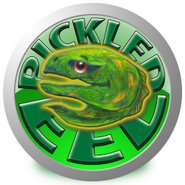

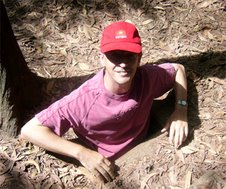


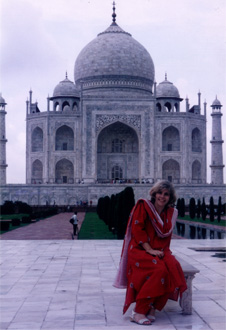





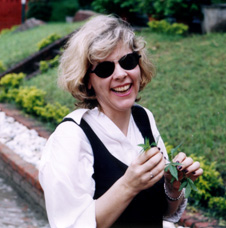
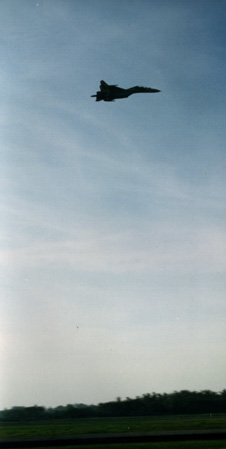



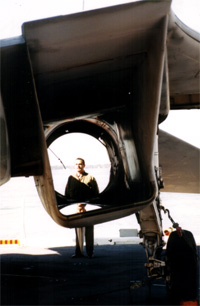



1 comment:
Thanks for articles and content.
Post a Comment